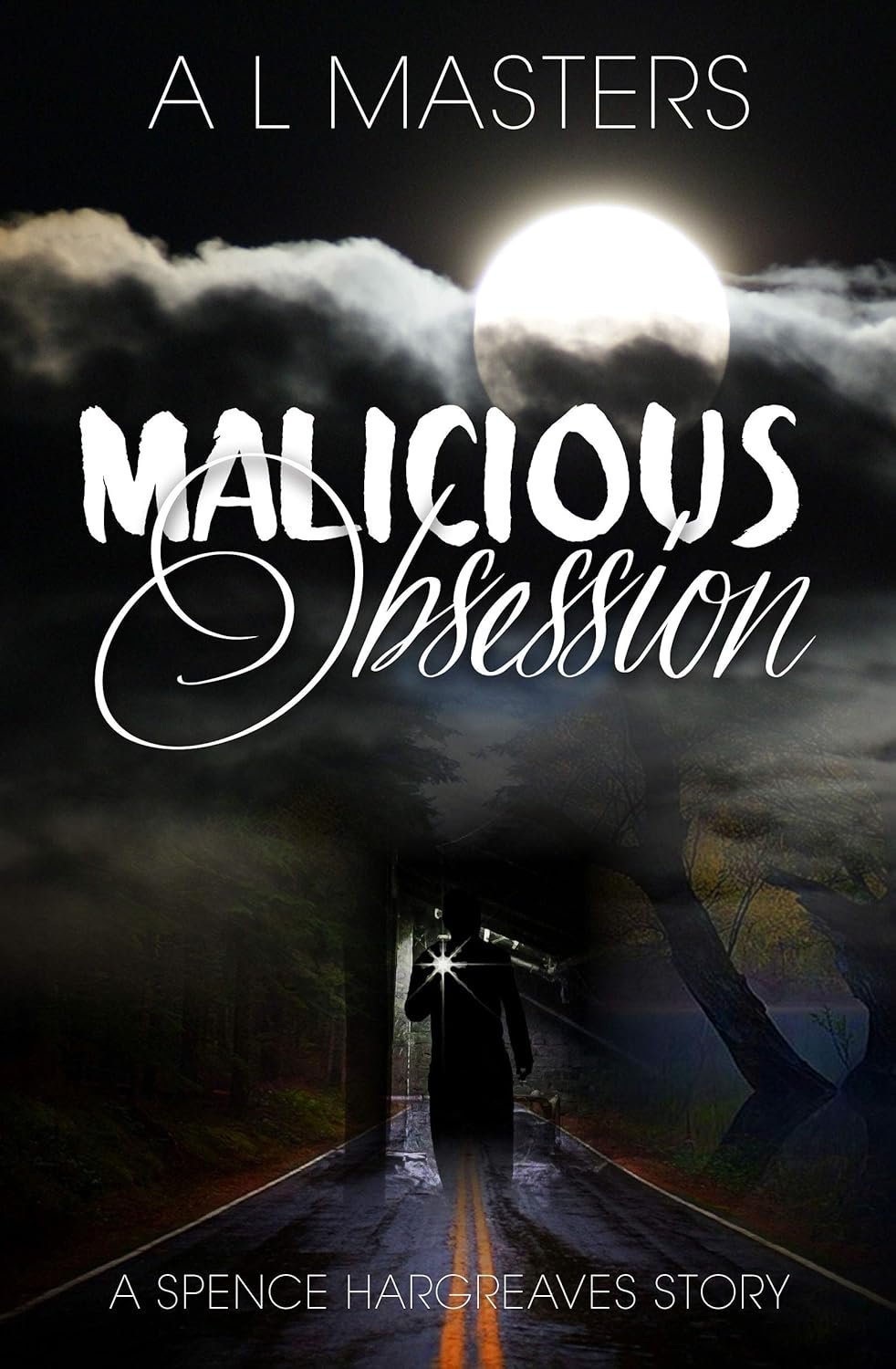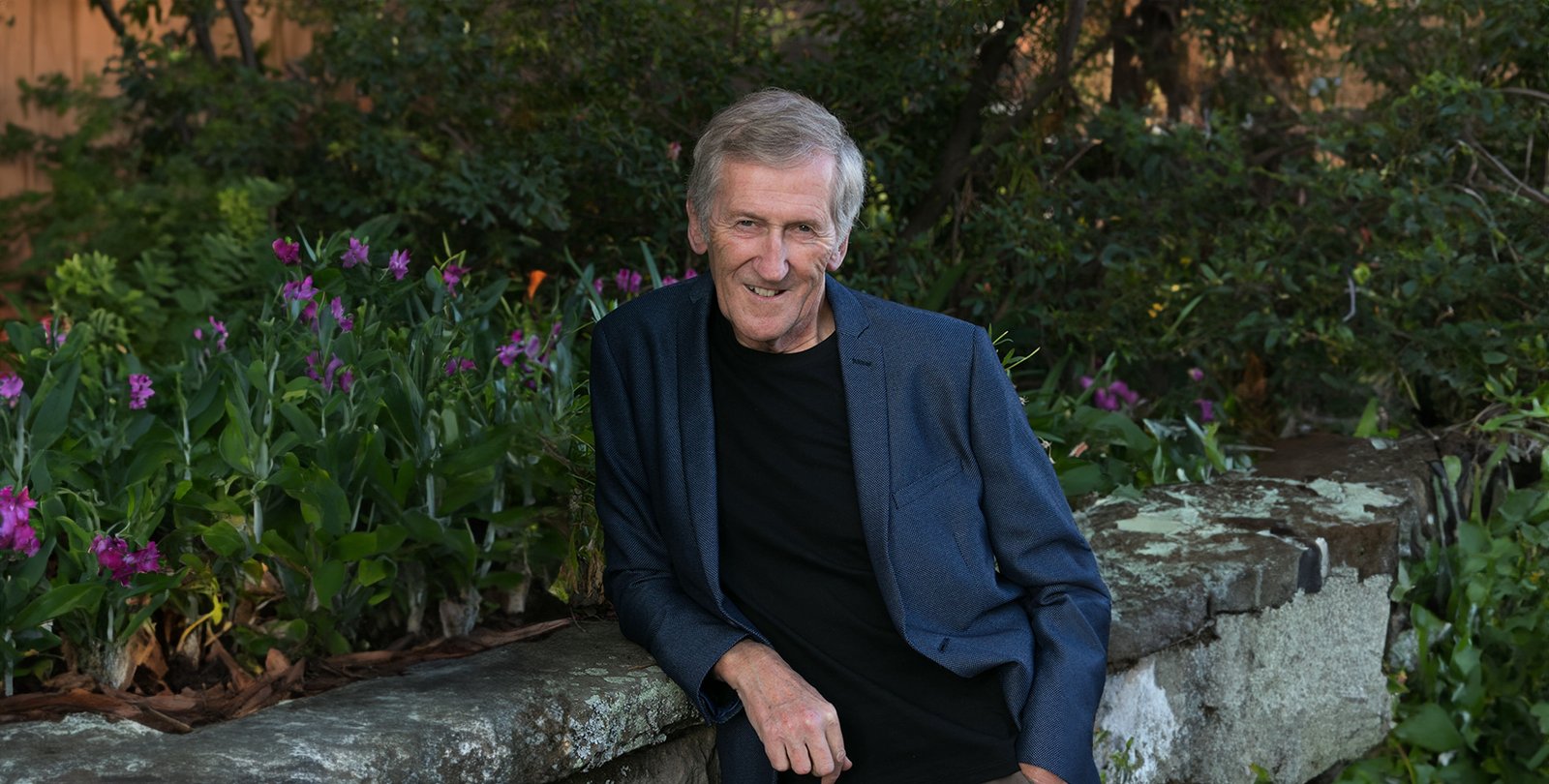Exploring the Journey of a Historian Turned Crime Fiction Author
Ken Webb discusses his transition from history writing to crime fiction, the influence of his upbringing, and the creative process behind his Detective Inspector Spence Hargreaves series.
Ken Webb, a name synonymous with historical scholarship, has long been a guiding light for students and educators alike. Born and raised in the industrial town of Swindon, England, Webb’s journey from a young scholar to a revered historian and author is nothing short of inspiring. His extensive career in education, both in the UK and Australia, has left an indelible mark on countless students, with his history books serving as essential resources across multiple continents. Webb’s works, which span topics from the Weimar Republic to the Vietnam War, are celebrated for their depth, clarity, and ability to engage readers in the complexities of history. His dedication to the field is evident in his continued efforts to educate and inspire through lectures and publications.
In this issue of Reader’s House Magazine, we delve into the multifaceted world of Ken Webb, who, under the pseudonym A L Masters, has ventured into the realm of crime fiction. In our interview, Webb shares insights into his creative process, the influence of his upbringing in Swindon, and the transition from writing history to crafting the intricate narratives of Detective Inspector Spence Hargreaves. Join us as we explore the mind of a writer who seamlessly bridges the gap between historical fact and fictional intrigue, offering readers a captivating blend of past and present.
Your career as a successful history writer spans decades, with many students relying on your works for their studies. What inspired you to pivot from writing history books to creating the fictional world of Detective Inspector Spence Hargreaves?
It was not really a pivot. I still write History books and get much pleasure from that. It was a case of finally having the time to fulfill a desire I had had for a long time to delve into crime fiction. The process of imagination, development of characters and creating plot twists I find great fun. I guess my earlier writing experience has helped, though the two areas I write in are of course worlds apart.
Julie Trax Down takes readers back to Spence Hargreaves’ early days as a detective in the 1980s. How did your own experiences growing up in Swindon and your memories of that era influence the setting and tone of this latest installment?
As a reader, I find crime fiction works when there is a solid sense of time and place. I wanted my readers to fully understand the temporal and geographical context of my stories. If that is always made clear, I believe the story can flow more easily. I chose Swindon as the location for “Spence” because I grew up there, and have been a frequent visitor back there since emigrating. The 1980s works well because my first four “Spence” novels are set in the early 2010s when he is a DI. I found the idea of discovering his early days a lot of fun.
As a former teacher and lecturer, you’ve spent much of your life in education. How has your background in teaching shaped your approach to writing crime fiction, particularly in developing characters and plots that engage readers?
Decades of teaching and lecturing have brought me into contact with hundreds, perhaps thousands of people, students, parents, colleagues. You learn much about character and personality in a teaching environment. This has helped with some of the character development in my stories. My experience in schools certainly helps to add some realism to any times I am writing about a school situation. I hasten to add I have not worked with or taught any of the nefarious types that appear in my stories (at least as far as I know).
The Spence Hargreaves series delves into complex, often dark themes such as obsession, fantasy, and the macabre. How do you balance the intricate details of crime investigation with the psychological depth of your characters to create compelling narratives?
As a reader, I enjoy a strong narrative, and seek stories that entertain and enthrall. I never want to be overwhelmed with forensics, ballistics, police procedure. For me, motive and psychology are always far more fascinating. Hence, in my stories, I try to delve into the ‘why’ more than the ‘how’. Each of my regular characters has their unique traits. I like my ‘villains’ to be smart, complex and imaginative, if not exactly someone you invite around for dinner.
Your detective, Spence Hargreaves, is known for his love of blues music, particularly Eric Clapton. How did you decide to weave this passion into his character, and what role does music play in shaping the mood and themes of your novels?
The blues obsession adds some colour to Spence Hargreaves. He can be tough, he is smart, he bends the rules at times but he is someone essentially likeable. The music aspect humanises him. I can relate to an early 50s guy annoying the neighbours by playing his music too loud. Every so often I drop in music and other cultural references which I think readers might appreciate. Ignorance of these never detracts from the narrative.
After years of writing history textbooks, what has been the most rewarding and challenging aspect of switching to fiction, and how do you see the future of the Spence Hargreaves series evolving?
Though my History writing has been very satisfying, I have discovered enormous pleasure in writing crime fiction. Thinking up plot lines, twists, playing with the characters, allowing my imagination to wander into often dark corners is a lot of fun. I do not know where the story is always going. I start with a big idea, know ‘who did it’, but once I start writing, the imagination takes over which is one reason why writing crime fiction is such fun. Future stories? I hope to continue Spence’s investigations as both a world-weary DI in the early 2010s, and as a young enthusiastic DC in the 80s/ early 90s. In the future, I hope to create a new set of characters, perhaps based in Sydney, who knows?
EDITOR’S CHOICE
Gripping, intelligent, and suspenseful—Malicious Obsession delivers a masterful blend of mystery, psychological depth, and compelling characters. A must-read!

EDITOR’S HIGHLIGHTS
Recommended reads for authors




